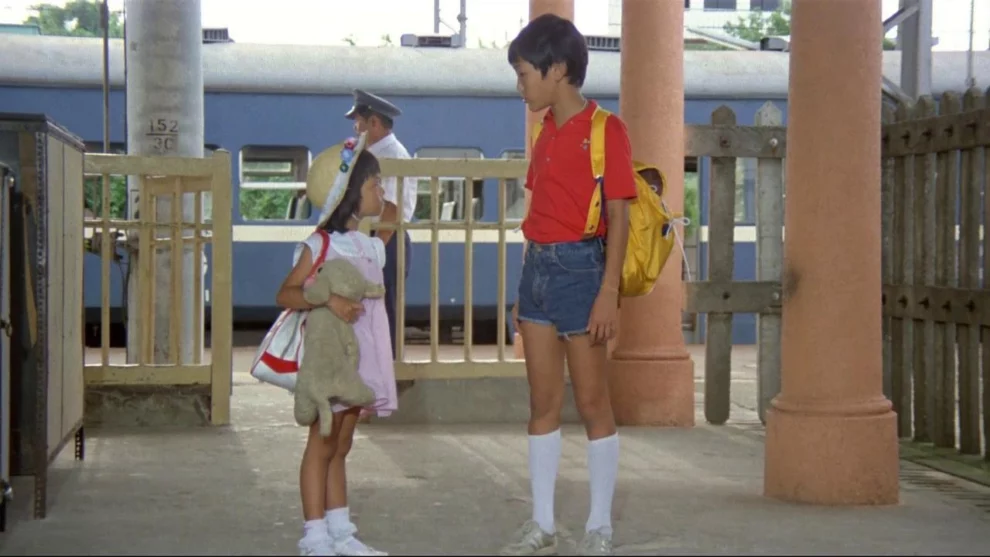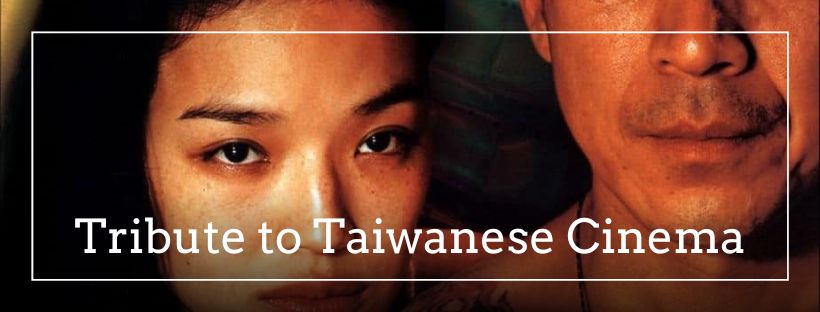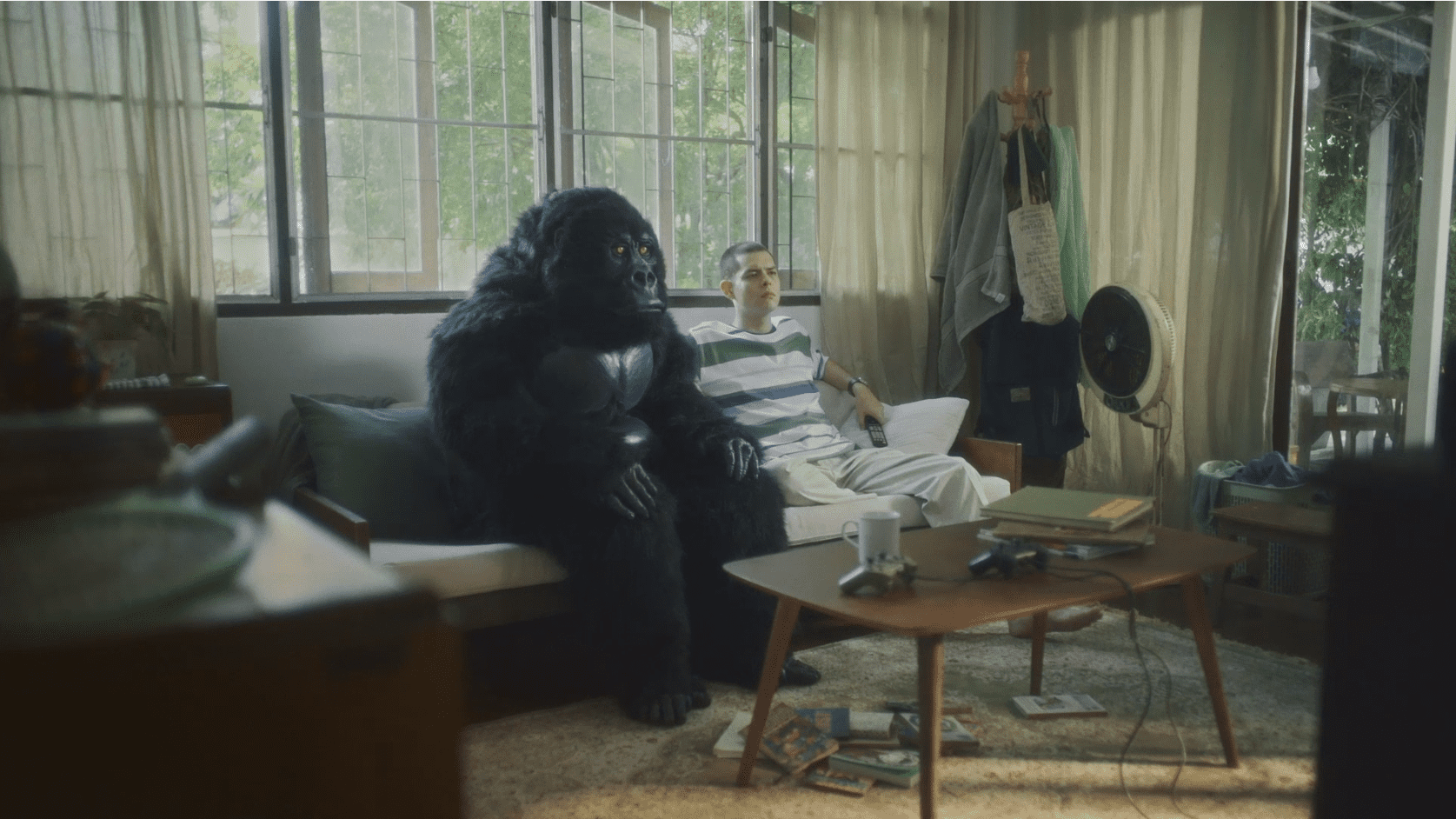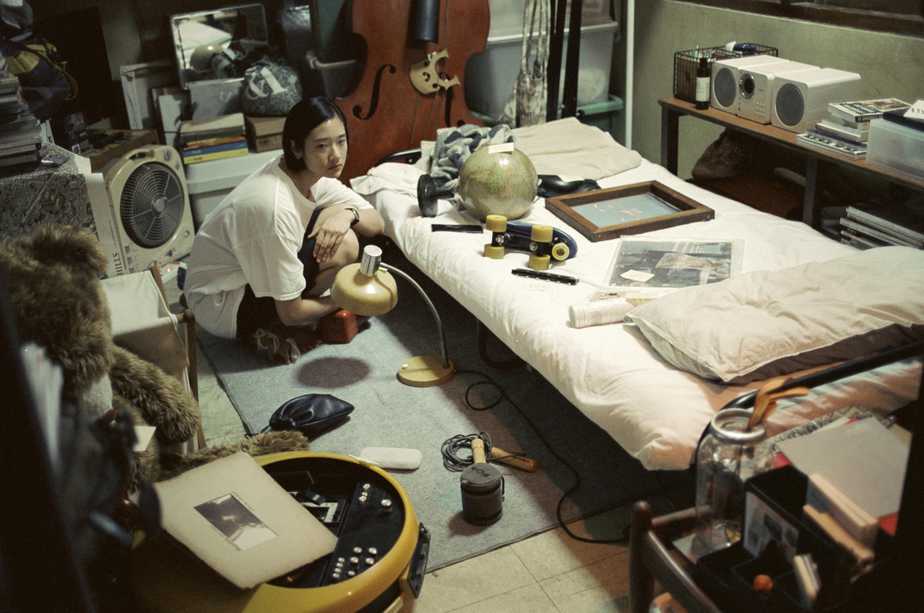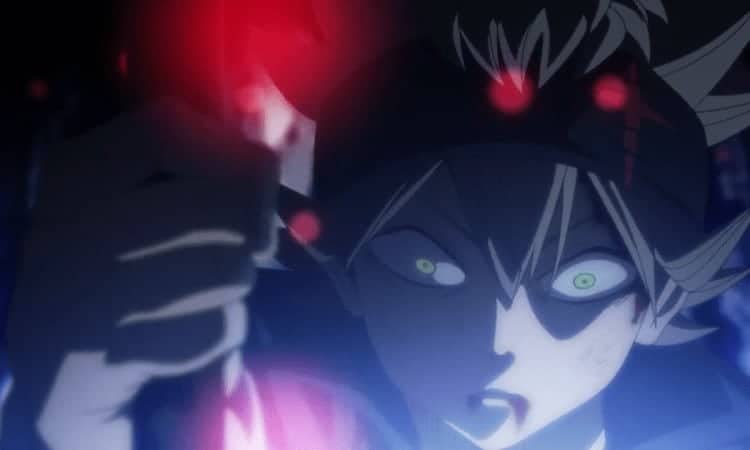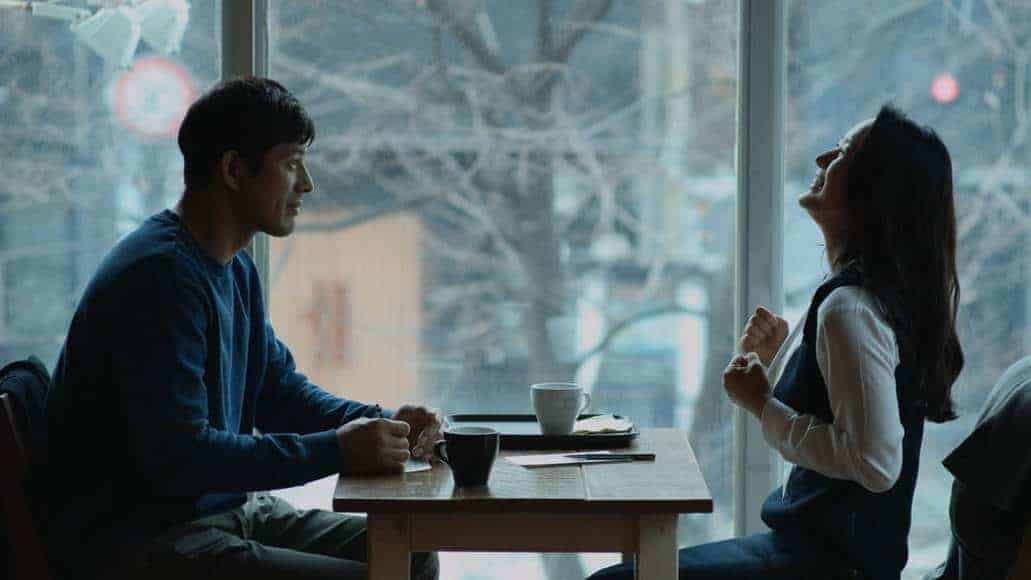1984 signaled the beginning of the “Coming of Age” trilogy that began with “A Summer in Grandpa's”. The film is based on Chu Tien Wen's childhood memories, one of the most renowned theatrical writers and novelists of the country. The protagonists are two kids, a fact that established Hou's ability to direct kid actors. The movie won a Best Director award at the 1984 Asia-Pacific Film Festival, the Golden Montgolfiere award (tied with The Runner (1984)) at the 1985 Nantes Three Continents Festival, and the Prize of the Ecumenical Jury – Special Mention at the 1985 Locarno International Film Festival. It was also the first work of the Taiwanese auteur to screen in the US, in 1986. Also of note is the fact that Hou cast Edward Yang in a brief role, with Yang returning the favor by casting Hou in his film “Taipei Story”
Two city kids, Tung Tung and his younger sister, Ting Ting have to spend their summer with their grandparents in the country, while their mother is recuperating after a surgery. The one who is accompanying them is their uncle, Liu Changmin, who begins messing up even from their travel with the train, despite the fact that Tung Tung shows smartness and maturity and manages to save the day. Their grandfather, a rather strict man who does love his grandchildren intently, operates a small clinic in the area, while their grandmother is a housewife, who does function though, as a peacemaker in various occasions. While there, the kids have to face a quarrel between their uncle and their grandfather, robbers, unwanted pregnancies, a “mad” woman, and even death.
Although a children's movie in its basis, with Tung Tung emerging as the protagonist, Hou essentially uses the children in order to portray the social complexity of adult life through their eyes, demonstrating an image of a world that is, by no means, a paradise on earth. As such, and although the movie begins in a style of children's shenanigans frequently involving turtles, which will remind many of Studio Ghibli, soon it moves into more “serious” territory.
The first element in this path, however, does derive from the kids, as the way the boys of the area do not allow Ting Ting to play with them, occasionally being quite cruel to her and her reciprocating in the most hilarious fashion, being indicative of children's mentality. This aspect could also be interpreted as a comment on the place of women in society, something that also extends to the rest of the women in the movie, who are portrayed as having very little power in the particular setting. The way the ‘crazy lady' of the area, Dim-ma, is embedded in the narrative is also rather interesting, with the role she plays in the end highlighting that ‘heroes' can come from the most unexpected places. At the same time, the way she is ostracized by everyone, the same way Ting Ting is kicked out of the boys' gang, and eventually by her grandfather (although for radically different reasons) makes a parallel that also moves in the same path as the aforementioned comment about women. Lastly, this remark finds its apogee in a discussion between Pi-yun's father and the Grandpa, with the latter mentioning sterilization and the former saying that without the potential of getting a husband by giving birth to his kids, there is no hope for her and he will have to take care of her forever.
The one who moves the story forward, however, and is essentially the main medium of both the episodic structure of the narrative and the many comments that appear here is definitely Liu Changmin. His relationship with Pi-yun, who eventually becomes pregnant, his tendency to abandon the kids every time a woman is involved, a brutal roadside robbery the kids witness that is revealed to be committed by his childhood friends, and his trouble with the police all portray a man who is immature and essentially, trouble. His interaction with his father, which eventually becomes violent, although in humoristic fashion, are among the most intriguing episodes of the movie, while the ‘punishment' he eventually receives is bound to make everyone laugh. At the same time, the way the kids witness the events revolving around him and how they shape them is a definite central theme here, moving into coming-of-age territory. Lastly, the dark cloud of their mother's condition looms above every event presented, frequently affecting the protagonist's actions, while adding another level to the already rich narrative.
Considering that Hou uses the perspective of the children in order to show what is happening in the ‘adult world”, Chen Kunhou's cinematography frequently follows voyeuristic paths, with the perspective of the viewer mirroring that of the children. The plethora of long shots and the implementation of the actual setting (windows, doors etc) for the framing are impressive on occasion, although not at the same level with Hou's later collaborations with Mark Lee Ping Bing. That the setting is as important as the characters and the events, though, does get through here also.
Lia Ching-Sung's editing results in a relatively fast pace that suits the movie's episodic nature, while the lengthy scenes are actually missing from here, for the most part. The mild flash-forwards (since the whole story takes place during one summer) are well-embedded in the narrative as are the moments of Tung Tung's narration, which come in the form of letters to his mother.
Wong Kai-gwong as Dong Dong, Lee Suk-ching as Ting Ting and Yang Li-yin as the crazy lady give excellent performances, with the interactions among them and with the rest of the protagonists being quite realistic in their presentation. ‘Delinquent' Liu Changmin is also excellently portrayed by Chen Bo-zheng, with his antithetical chemistry with Gu Jun's strict but kind-hearted Grandfather being one of the most appealing aspects of the whole movie. Mei Fang as the grandmother gives a captivatingly measured performance, which has her excelling as the peacemaker of the family.
“A Summer at Grandpa's” highlights Hou Hsia-hsien's prowess in using episodic narratives in order to make deep and realistic social comments, as he explores societal complexities and familial dynamics through the perspective of children. Although his style had not yet reached the level of his later masterpieces, his artistry is quite evident here also, in a movie that has stood the test of time.


